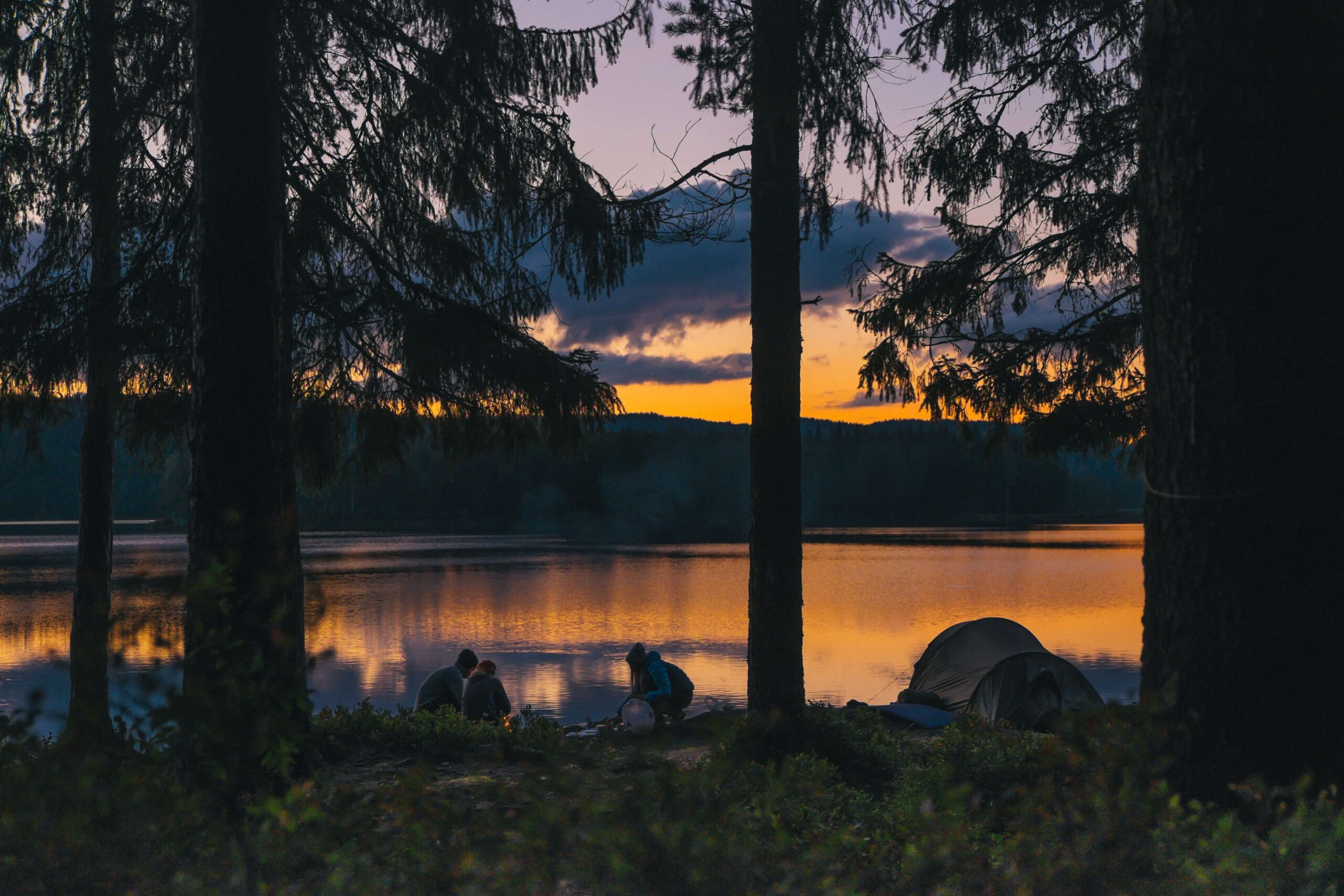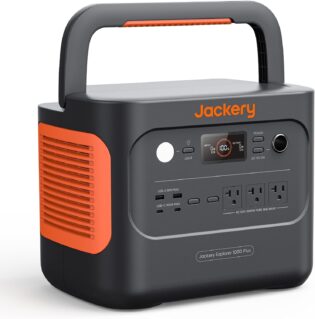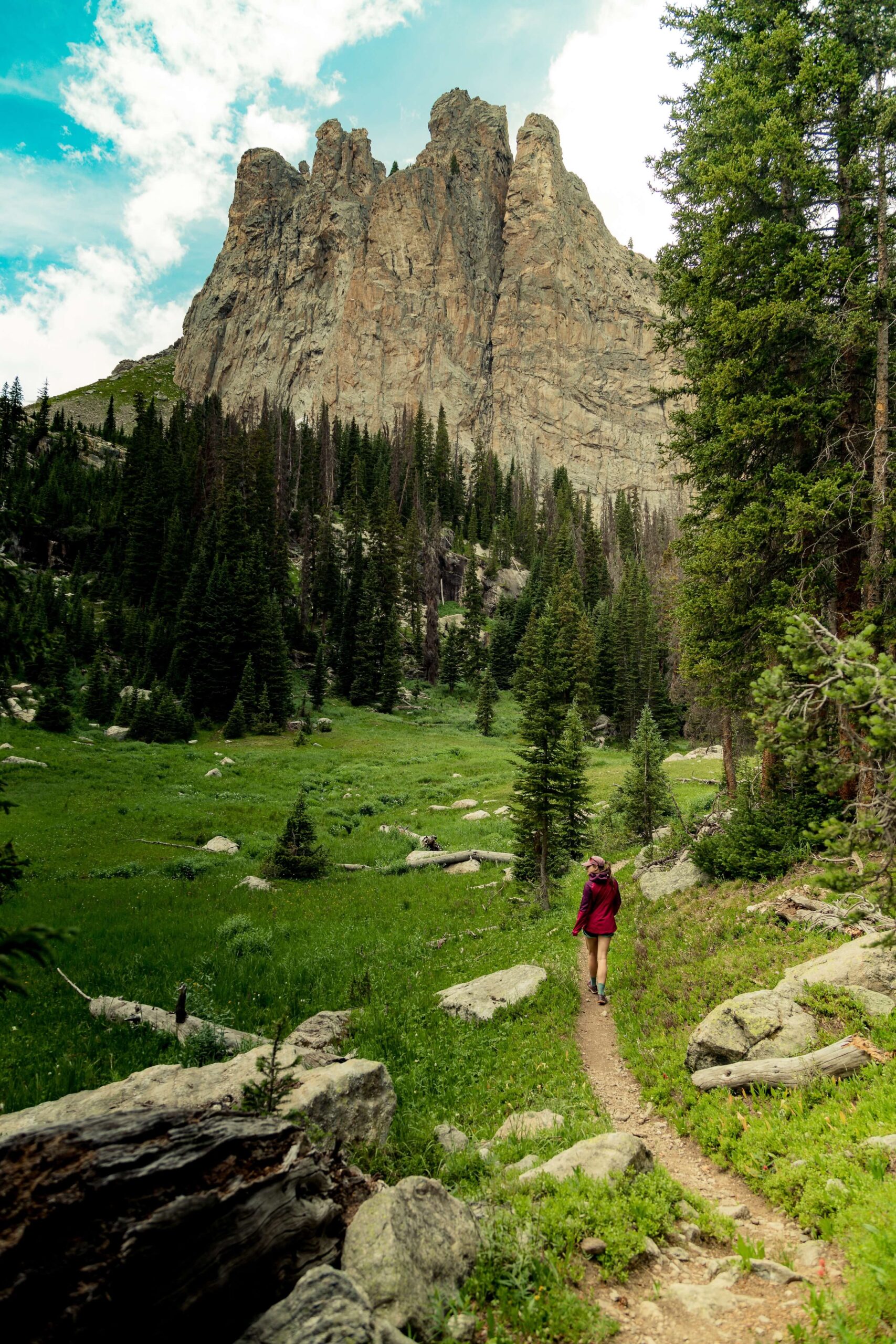
Venturing into the world of off-grid living is an exciting journey, full of possibilities and a closer connection to nature. It’s a lifestyle embraced by many women seeking independence, sustainability, and a simpler way of life. However, one practical question that often arises is: “Do you have to pay taxes if you live off the grid?”
reviewed
New Nightwear Styles For Autumn
Choosing the right types of nightwear will make your sleep experience more relaxed. Open your closet and make a special room for all the different types of nightwear that deserve that space.
-

COSORI Food Dehydrator
$159.99
Understanding the Tax Implications of Off-Grid Living
Living off the grid typically means you are not reliant on public utilities such as electricity, water, or sewer services. However, this lifestyle choice doesn’t exempt you from certain legal and financial obligations, including taxes.
1. Property Taxes
Regardless of your living style, if you own land or a home, you are generally required to pay property taxes. These taxes are levied by local governments and are based on the assessed value of your property, including land and any structures on it. Living off-grid does not change this obligation, as property taxes fund community services like roads, emergency services, and schools, which benefit all residents, including those living off-grid.
2. Income Taxes
Your income source is another area where taxes come into play. If you are earning income, whether from a traditional job, a remote position, or a business (including those run from your off-grid home), you are subject to income taxes. The fact that your home is off-grid does not affect your responsibility to report and pay taxes on your income.
3. Sales Taxes
When you purchase goods, whether it’s equipment for your off-grid home or personal items, you are typically required to pay sales tax, depending on your state’s tax laws. This applies even if you’re living off the grid.
4. Other Taxes and Fees
Depending on where you live and how you structure your off-grid lifestyle, there may be other taxes or fees to consider. For example, if you have vehicles, you will still need to pay the relevant vehicle taxes and registration fees.
Navigating Legalities and Local Ordinances
Research Local Laws: Before embarking on your off-grid adventure, it’s crucial to research local laws and regulations. Zoning laws, building codes, and land use regulations can vary significantly from one area to another.
Consult a Tax Professional: Since tax laws can be complex and vary by location, consulting with a tax professional is advisable. They can provide tailored advice based on your specific situation and location.
Stay Informed: Tax laws and regulations can change, so staying informed about current laws is important. Being proactive in understanding and complying with these laws will help you avoid any legal or financial issues down the road.
"Living off the grid typically means you are not reliant on public utilities such as electricity, water, or sewer services. However, this lifestyle choice doesn't exempt you from certain legal and financial obligations, including taxes."
The Bottom Line
While off-grid living offers a degree of independence and a break from traditional utilities, it does not provide an escape from legal and tax responsibilities. Paying taxes is a part of life, even for those who choose to live off the beaten path. By understanding and adhering to your tax obligations, you ensure that your off-grid lifestyle is sustainable and lawful, allowing you to enjoy the many benefits of this unique way of living with peace of mind.
- TAGS ― Featured, Home-Influencer

The Ultimate Off-Grid Gift Guide
Welcome to The Ultimate Off-Grid Gift Guide! Below you’ll find our curated collection of 31 must-have items (all conveniently available on Amazon) for those who embrace the off-grid lifestyle or dream of doing so.

Is It Legal to Live Off the Grid in the United States?
or many, the dream of living off the grid – a lifestyle free from the dependency on public utilities and the hustle of modern city life – is appealing. This way of life not only fosters self-reliance and sustainability but also connects one deeply with nature. However, an important question arises for those considering this path in the United States: Is it legal to live off the grid?

Embracing Freedom: The Joys and Independence of Off-Grid Living and Homesteading
In a world where the pace of life seems ever-increasing, more people are seeking refuge in off-grid living and homesteading.






